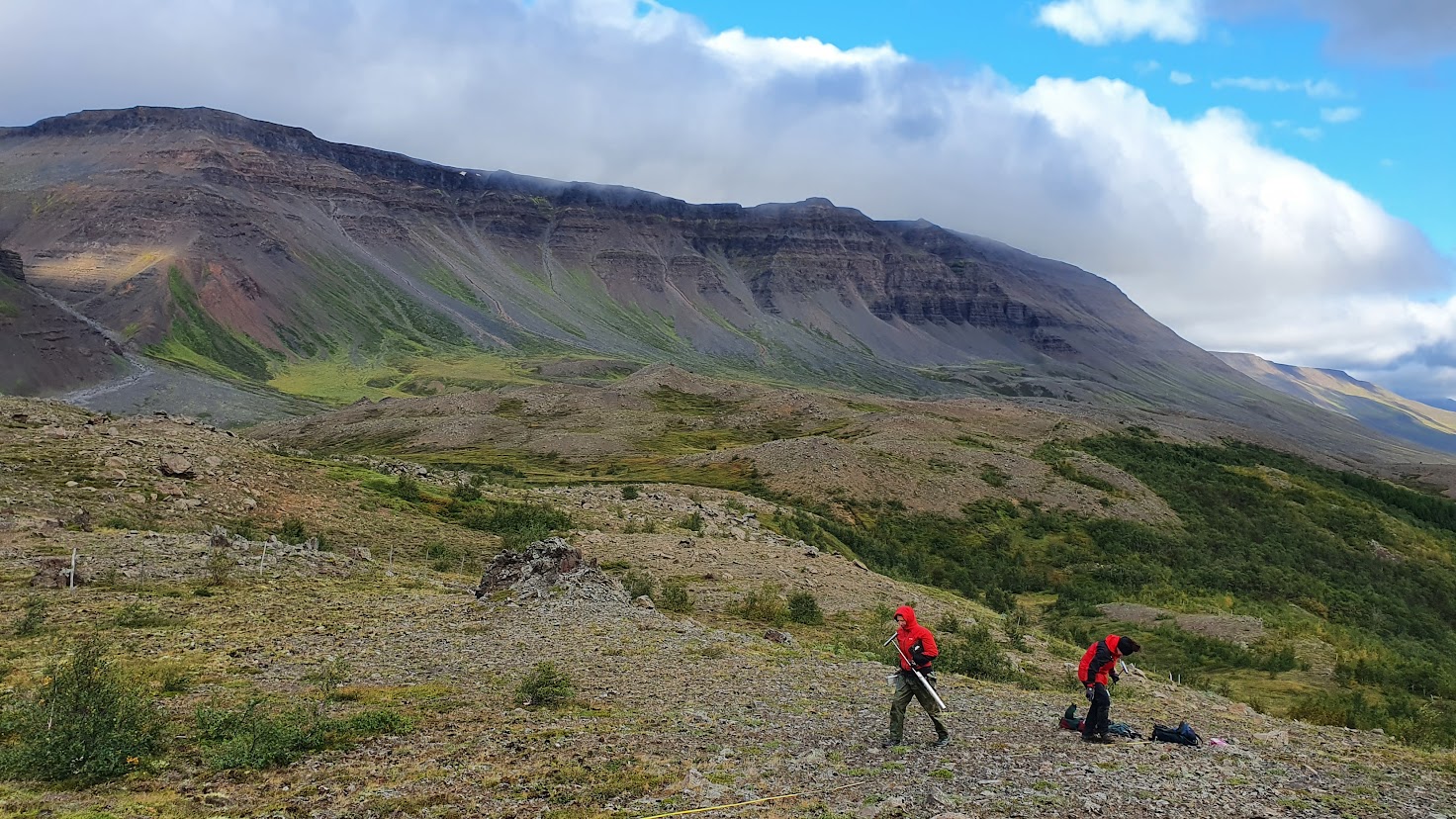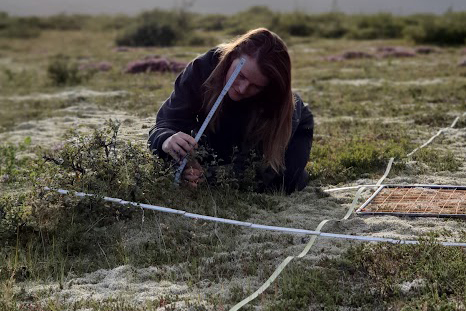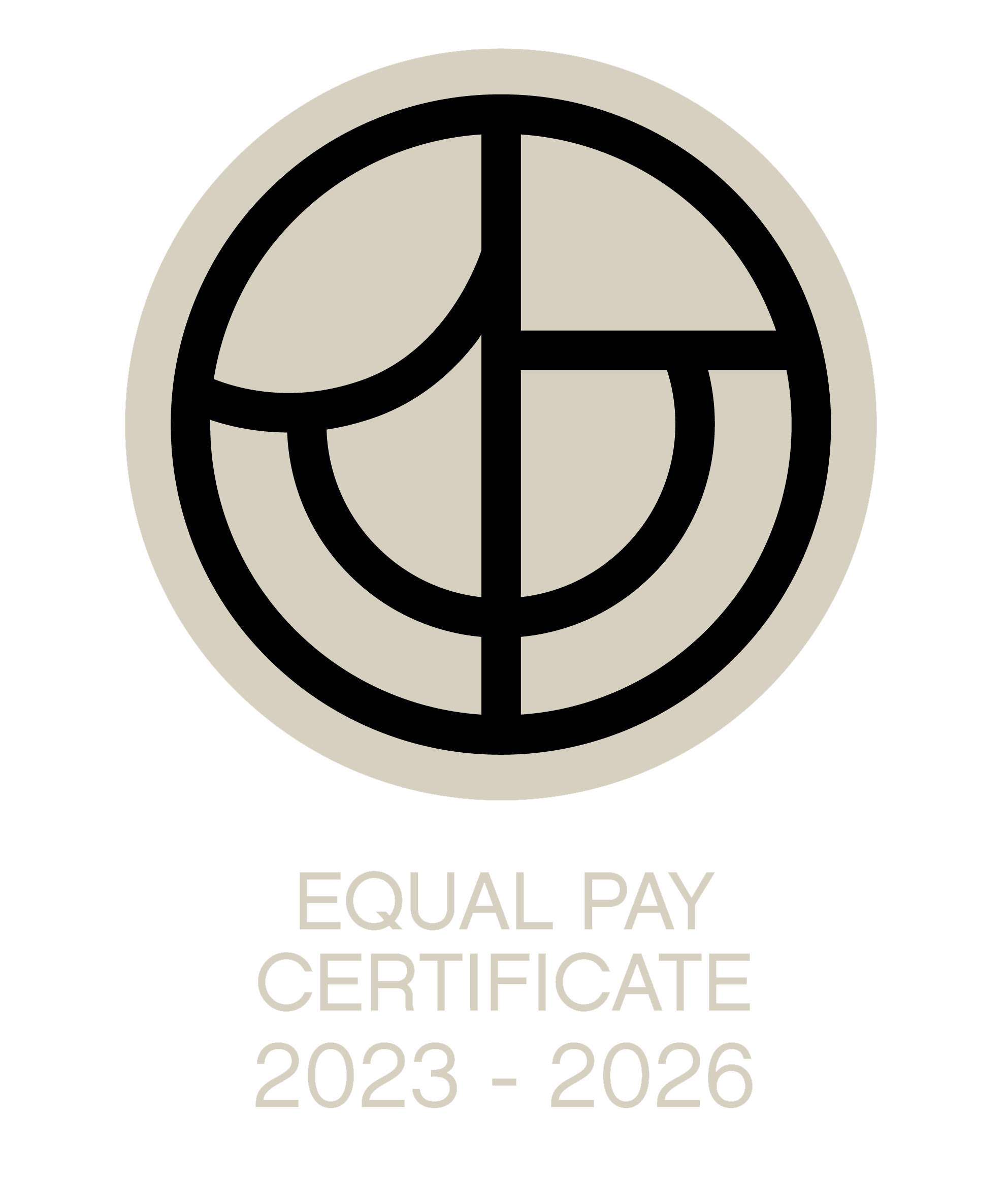Restoration Ecology MSc
Unique master program in Restoration Ecology with focus on ways to combat degradation and restore degraded ecosystems

The MSc in Restoration Ecology is a 120 ECTS master’s programme, designed as a full-time study. The minimum time required for programme completion is two years. A study period longer than two years may be permitted upon request if based on an approved study plan and shall be assessed on an individual basis. The maximum time for degree completion should not exceed 50% of the approved study period.
Programme composition
The programme is composed of 60-90 ECTS worth of organized courses, depending on the size of the final research project. Students are required to take approx. 30 ECTS in compulsory core courses, addressing the global context, theory, and practice of restoration ecology.
Along with all other master’s students at AUI, students of the Restoration Ecology MSc are generally required to complete additional 16 ECTS in compulsory courses related to ethical standards, research methodology and scientific writing, and participate in a 2 ECTS graduate student seminar. However, the final number of compulsory ECTS deemed necessary is evaluated based on the academic and professional background of the individual student.
Each student is required to choose a minimum of 8 ECTS from the program’s range of restrictive electives, which allow students to dive into and specialize in specific subjects within the field of restoration ecology.
Final research project
Students can choose between a 30 or 60 ECTS final research project (MSc thesis). Depending on their choice, students can select up to 34 ECTS worth of other electives, either from within AUI or relevant courses from other Icelandic or foreign universities. These courses can also be selected from the restrictive electives category.
In their final project, students work independently on a research project chosen in collaboration with the programme coordinator(s) and write a scientific thesis under the supervision of at least one (30 ECTS thesis) or two (60 ECTS thesis) academic advisors holding expertise within the field of restoration ecology or other subjects relevant to the thesis topic in question. For each thesis there must always be one supervisor that is a member of AUI staff. A maximum number of four advisors for each MSc committee is allowed.
To enrol in the master’s programme, an applicant must have successfully completed a bachelor’s degree with the minimum final grade of 7,25 or higher (minimum of C on the ECTS grading scale) from the Agricultural University of Iceland (AUI), or to hold a comparable academic qualification recognized internationally and by the Faculty of Nature and Forests. A prerequisite for admission is that the student possesses minimum knowledge or skill within the field of ecology, either through their prior education on university level or professional work. Generally, at least 90 ECTS (out of 180 ECTS) of the student’s bachelor’s degree should have been completed in the field of natural and environmental sciences. Applicants from a primarily social science background will be evaluated depending on wider experience and/or possibility of attaining basic ecological knowledge through additional course work. All applicants will be evaluated on an individual basis.
The application deadline for master's studies in Restoration Ecology for non EU/EEA students is 31st of January and student from Icelandic and EU/EEA 15th of April.
Please note that applications are only accepted every other year.
The next intake for this programme will be in autumn 2027.


Iceland is a unique place to study within this rapidly growing field. Iceland’s ecosystems have undergone severe degradation since its first human settlement, due to unsustainable land use in combination with harsh climatic conditions and volcanic activity. Nationally coordinated efforts to combat soil erosion and restore lost and degraded ecosystems span more than 100 years. Iceland therefore offers substantial expertise and practical experience on the subject, with restoration projects spanning various scales and diverse ecosystems.
The Agricultural University of Iceland (AUI) has had a major role in scientific research, education, and training of professionals within the field for a long time. AUI also hosts UNESCO’s GRÓ Land Restoration Training Programme in cooperation with the Land and forest Iceland.
Restoration Ecology
Why Restoration Ecology?
Ecological restoration and the academic field of restoration ecology, are increasingly considered crucial for combating environmental degradation such as desertification and loss of biodiversity, promote sustainable land use and mitigate climate change.
The United Nations have declared 2021-2030 as the Decade of Ecosystem Restoration and the 2022 UNCCD Global Land Outlook has identified ecological restoration as a major path towards the recovery and resilience of Earth’s natural, social, and financial capital.





